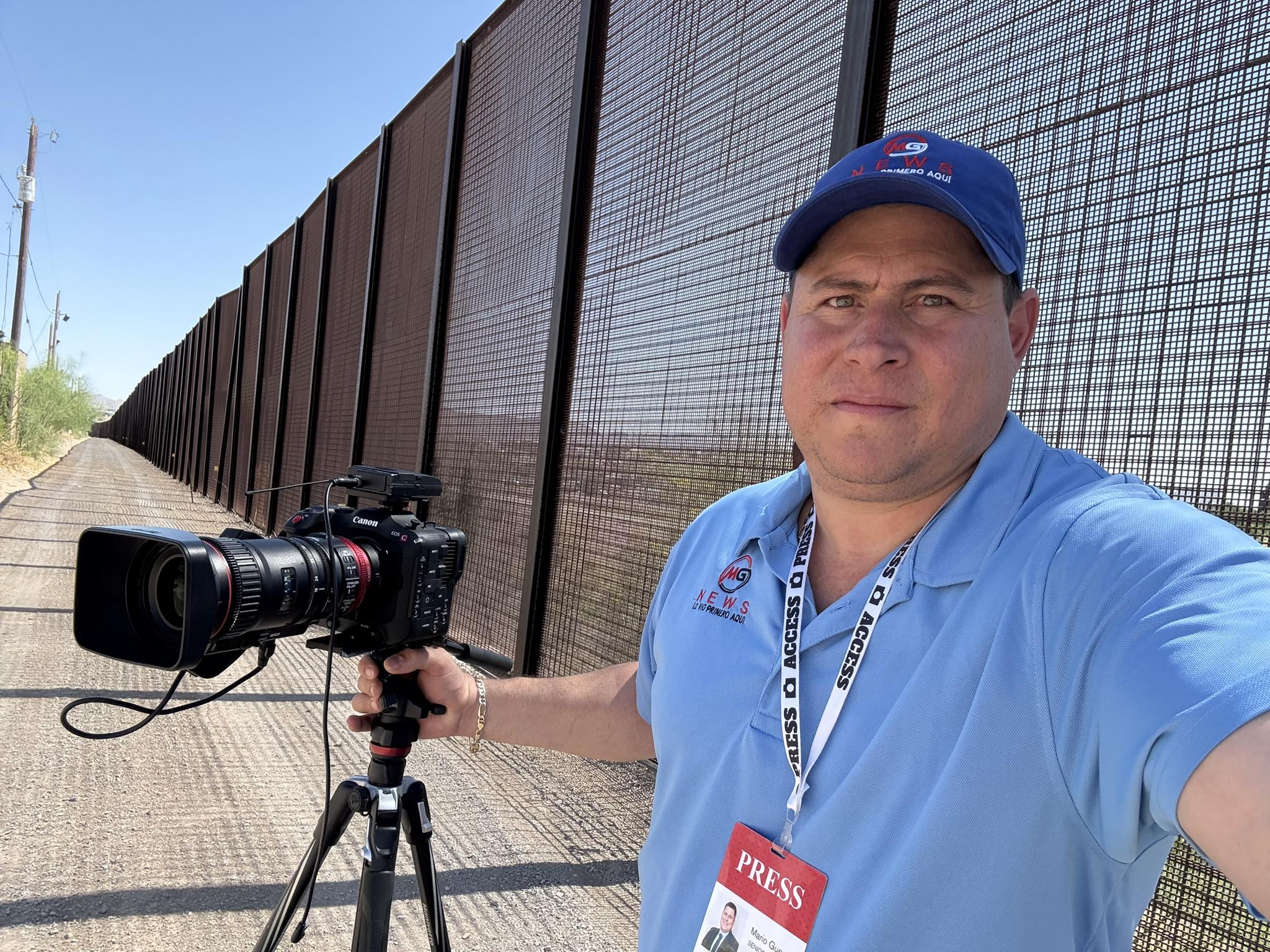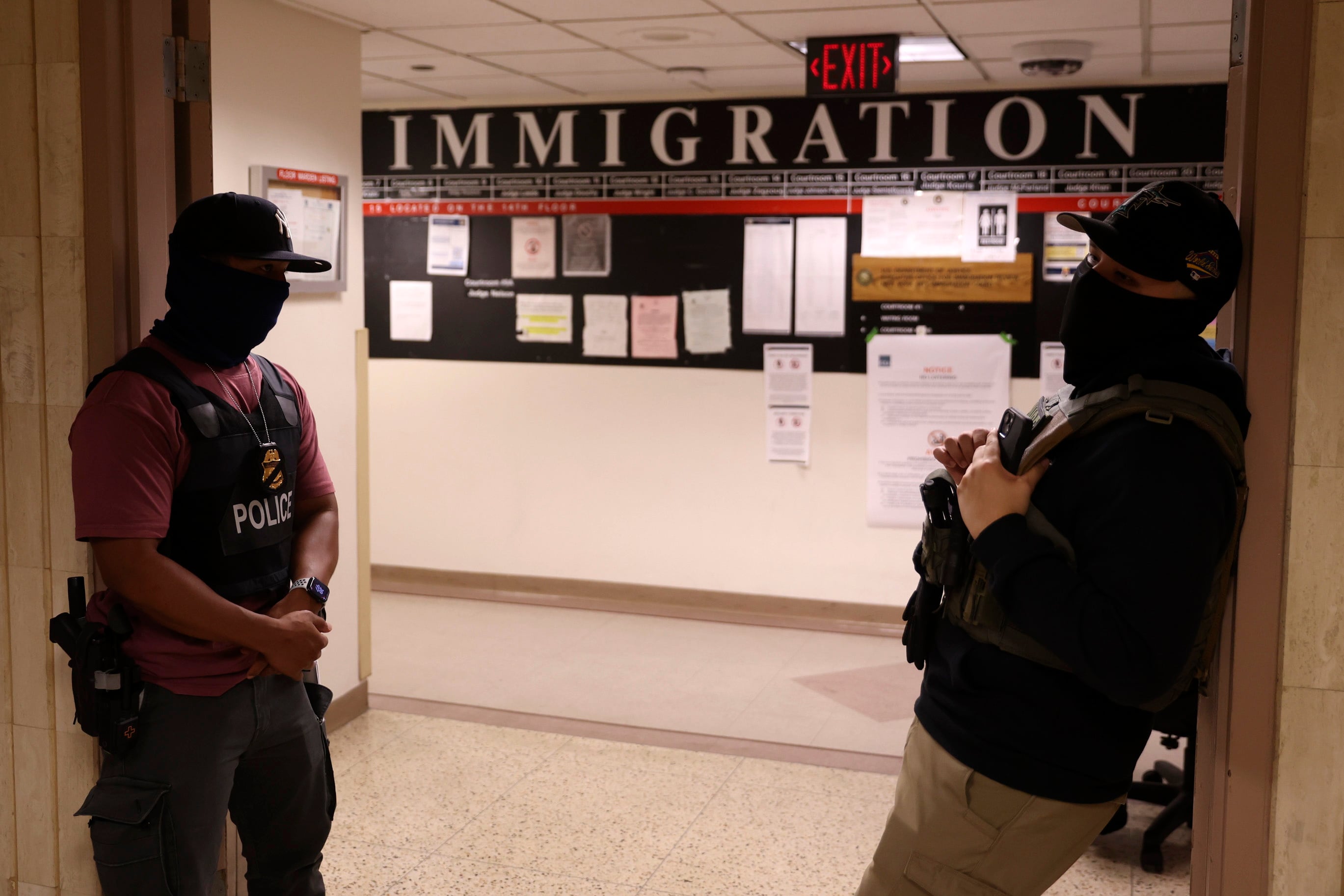Journalist Mario Guevara Faces Imminent Deportation After 100 Days in Detention
Mario Guevara, a Salvadoran journalist, faces imminent deportation from the United States after being detained for over 100 days. The Board of Immigration Appeals (BIA) has issued a final deportation order, despite the dismissal of charges related to his arrest while covering a protest in Atlanta.
Background and Legal Challenges
Guevara, who has resided in the US for over 20 years, previously faced deportation proceedings in 2012. Although his initial asylum case was denied, he had obtained a work permit and Social Security number. The BIA reopened this case and denied his request for an adjustment of status based on his US citizen son and bond to fight the deportation order. His lawyers have filed an emergency petition with the Southern District of Georgia Court seeking a temporary restraining order to halt the deportation.
Giovanni Díaz, one of Guevara's lawyers, stated the BIA's decision contradicts previous rulings favoring immigrants with strong cases for immigration relief. The American Civil Liberties Union (ACLU) has also filed a habeas corpus petition arguing that Guevara's arrest is "an unconstitutional retaliation against journalistic activities protected under the First Amendment," claiming it aims to silence and punish his freedom of expression.
Guevara's Plea and Support
In a letter released by the ACLU, Guevara expressed his frustration at being criminalized and denied consideration for permanent residency despite his contributions. He stated he is aware of his impending deportation but maintains his innocence, believing he is being targeted for his journalistic work. He highlighted the perceived hypocrisy of the "liberty and justice for all" pledge, suggesting it excludes immigrants.
Defenders of press freedom and civil liberties argue that Guevara's case exemplifies attacks on independent journalism. The ACLU and other organizations are demanding his immediate release. Supporters emphasize that Guevara is the only journalist currently detained in the United States, making his potential deportation a significant threat to press freedom and democracy.
Accolades and Community Impact
Guevara is an Emmy Award-winning journalist and a prominent figure in the Latino community. He previously worked for Mundo Hispánico before founding his own media outlet, MGNews, focusing on issues impacting the Latino community in Georgia, such as immigration and the economy. His coverage of immigration raids during the Obama Administration garnered a large social media following with over 395,000 followers on TikTok, 113,000 on Facebook, and nearly 100,000 on Instagram.
Organizations Advocate for Release
Nora Benavidez, Director of Digital Justice and Civil Rights at Free Press, called Guevara's case a "dangerous tipping point." She believes his reporting on immigration enforcement led to censorship and repression by the Trump Administration. Free Press has launched the website www.freedomformario.com and is promoting the hashtag #FreeMario on social media to demand his release and right to remain in the United States.
Recent Developments
Despite a previous order indicating his release on bond, Mario Guevara remains detained. The ACLU sent a letter to the BIA following the new deportation order. His legal team has requested a temporary restraining order to prevent his deportation and secure his immediate release. José Zamora, regional director for the Americas of the Committee to Protect Journalists, has also reiterated the call for Guevara's immediate release.
Family Impact
Univision spoke with Guevara's family, who stated they had decided his mother would leave with him, while his children would remain in the United States. At the time of his arrest, Guevara had a valid work permit and was in the process of adjusting his immigration status through a family petition filed by his son, a US citizen.
In a handwritten letter, Guevara shared his feelings stating that, "If I am deported, I will leave with my head held high, because I am convinced that it will be for exercising my journalistic work and not for committing crimes." He added a message of hope that love and mercy will eventually overcome racial hatred and division in the United States.
 Visit the website
Visit the website




)